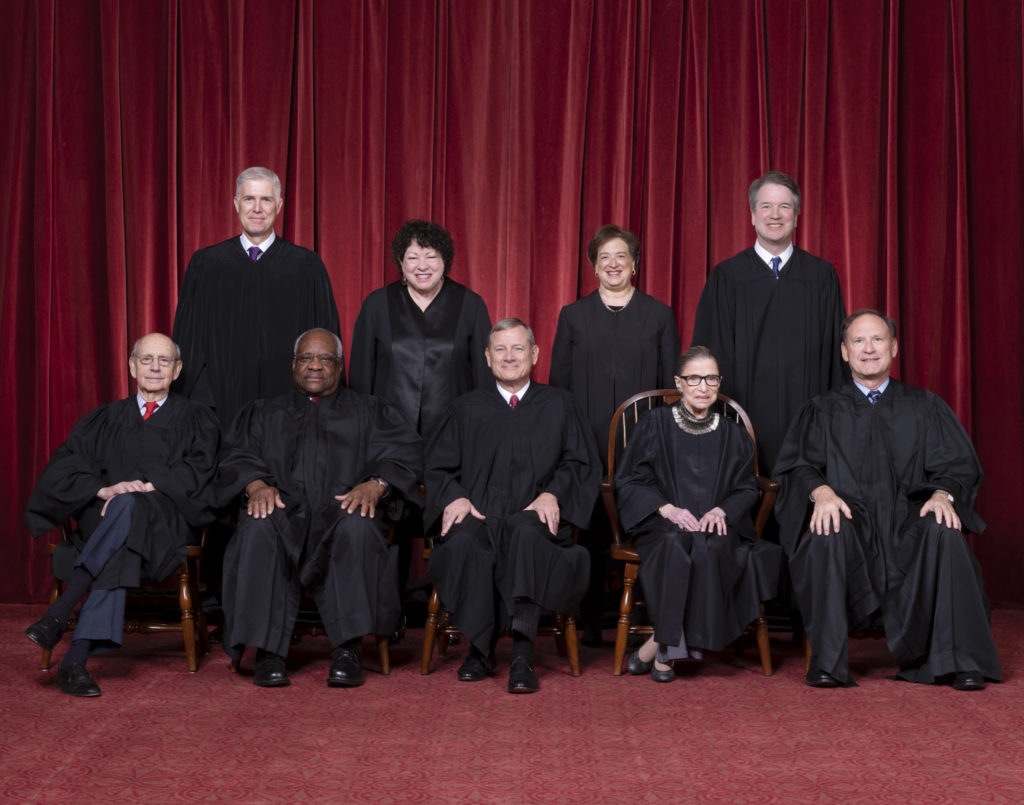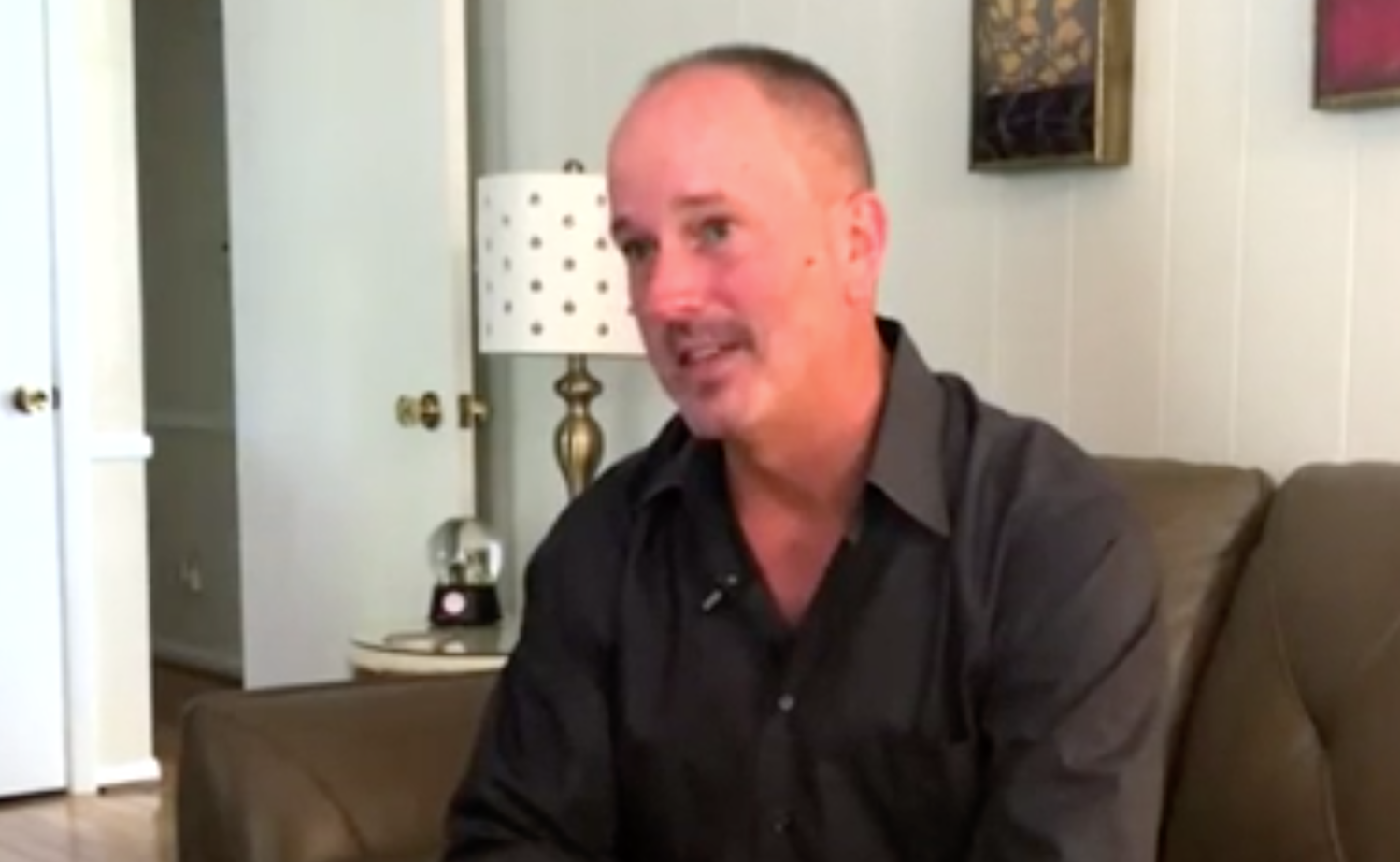Gerald Bostock, fired after joining a gay softball team, is taking his case to the Supreme Court next week. (Screen capture via Reuters)
After working for more than a decade as an advocate for at-risk children in Atalanta, US, a man was fired when he joined a gay softball league.
But Gerald Bostock has refused to backdown.
The Supreme Court is set to start a new term next week studded with four major cases that could define the trajectory of LGBT+ rights. One of which is Bostock’s.
On Tuesday, the court will hear two hours of argument on the blockbuster question of whether a landmark federal civil rights law can protect LGBT+ people from discrimination.
How the justices sway on the matter could boldly cement the States as a safe haven for LGBT+ workers, or rattle its foundation completely.
In 28 US states, job discrimination based on sexual orientation and gender identity is lawful.
Gerald Bostock: ‘I had just lost the job I had loved – my passion.’
Bostock worked as an advocate for children tangled in the juvenile justice system in Clayton Country in suburban Atlanta.
He helmed the execution of the Court Appointed Special Advocates programme at the Clayton County Youth Development and Justice Centre.
But in June 2013, Bostock found himself without a job.
“I was devastated. I had just lost the job I had loved – my passion. I lost my source of income. I lost my medical insurance,” the 55-year-old told Reuters.
Living with his partner in Doraville – a Pride flag fluttering outside his house – Bostock believed that joining the gay softball club drew attention to his sexuality.
Moreover, Bostock said that soon after joining the league, senior staff members began to make negative comments about his sexual orientations.
Three months down the line, and the county launched an audit of the programme he managed. Six months after joining the team, he had been sacked.
The country denied it discriminated against him and defended its decision.
What will the Supreme Court case mean for LGBT+ rights?
The crux of the cases is the 1964 Civil Rights Act. A slice of federal law that offers nationwide protection against sex discrimination but not explicitly sexual orientation or gender identity.
But, as plaintiffs and LGBT+ activists will argue, it is impossible to discrimiante against LGBT+ people without taking into account their sex.
Employers and the Trump administration aim to argue that lawmakers who voted in the historic law did not intend such broad coverage.
Bostock took his case to the lower courts and lost in 2016 in Bostock v Clayton County.

A state court and the US Appeals Court in the Eleventh Circuit dismissed his claims for discrimination.
This conflicted with other decisions in the Appeals Court circuits, known as a ‘circuit split’, inciting the Supreme Court to intervene to clear up this constitutional conflict.
Now, he is preparing to ask the conservative-majority Supreme Court to rule in his favour. The decision is not expected until June 2020.
“I’m proud of who I am,” Bostock told The Advocate. “
“I’m also proud of the man I’ve become and what my work has meant to children.
“Nobody is going to take that away from me, especially Clayton County.”
